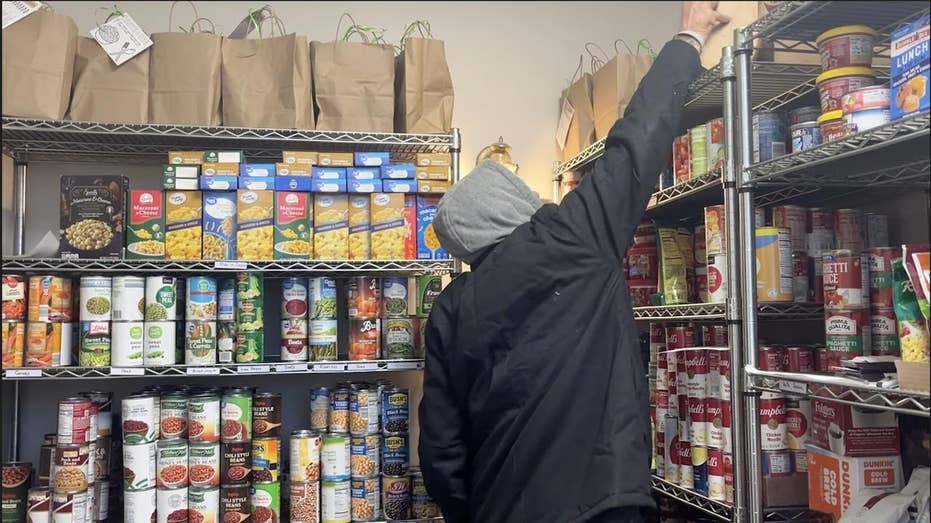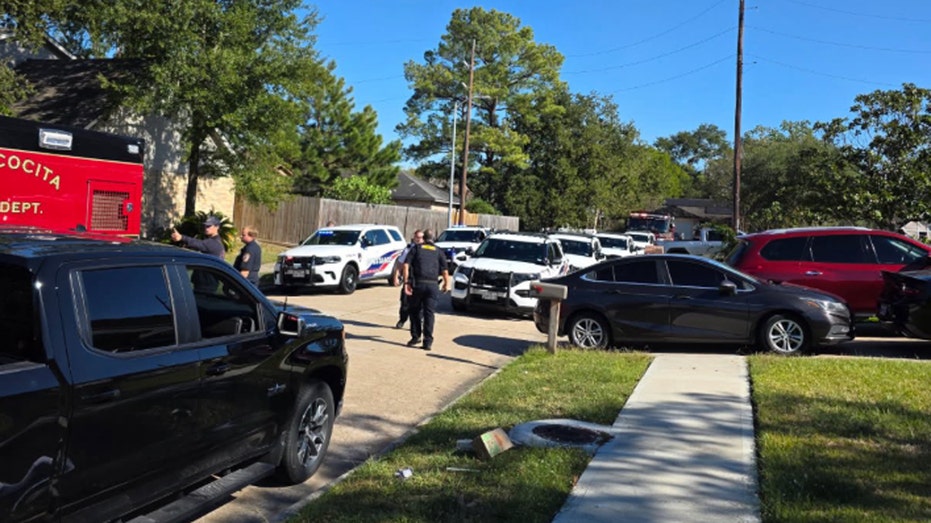A quiet desperation is settling over communities across America as millions of low-income individuals face a sudden and stark reality: the loss of vital food assistance. The ripple effects of the federal government’s ongoing impasse are now directly impacting families, forcing them to confront an uncertain future with empty plates.
In Springfield, Illinois, Lisa Weaving, a cancer survivor in remission, embodies this struggle. Still awaiting medical clearance to return to work, she relies on disability benefits that barely cover essential bills. The cutoff of SNAP benefits isn’t a political debate for Lisa; it’s a terrifying threat to her health and well-being.
Lisa’s apartment building, home to veterans, seniors, and others on fixed incomes, is gripped by anxiety. Neighbors are scrambling, facing the grim prospect of choosing between food and other necessities. The local bread line offers only a single daily meal, a temporary reprieve in a growing crisis.
The scramble for resources has led to a surge in demand at local food pantries. Families are navigating a complex network, hopping from one distribution site to another, hoping to stretch meager supplies throughout the month. But even with these efforts, food often runs out long before paychecks arrive.
Jarid Brown, director of the Washington Street Mission in Springfield, paints a stark picture of the escalating need. A recent call from a partner church revealed a pantry completely emptied in a single night, serving twice the usual number of people. He fears this is just the beginning.
Brown warns that current food reserves won’t last long if demand continues to climb. A doubling of the current rate would deplete supplies within weeks, and a tripling would bring them to zero even faster. The situation is particularly dire given the simultaneous rise in food and utility costs, trapping vulnerable individuals in a cycle of poverty.
Lisa Weaving believes this is a turning point. She anticipates a wave of hunger unlike anything seen before, potentially impacting even the safety of the community. The fear is that desperation could lead to an increase in crime as people struggle to survive.
While acknowledging the possibility of abuse within the system, Lisa emphasizes the overwhelming number of people genuinely in need. The pause in benefits is the most immediate and devastating consequence of the government shutdown, impacting those least able to withstand the hardship.
Brown implores a return to common sense, urging lawmakers to set aside political differences and prioritize the basic needs of their constituents. Holding essential services hostage over unrelated issues is, in his view, unacceptable and deeply damaging.
The most effective way to help, Brown suggests, is to support local organizations already working on the front lines. Donations of food and money can provide immediate relief to those struggling to put food on the table. Illinois, along with other states, is pursuing legal action to compel the continuation of SNAP payments, recognizing the inadequacy of state resources to fill the widening gap.






